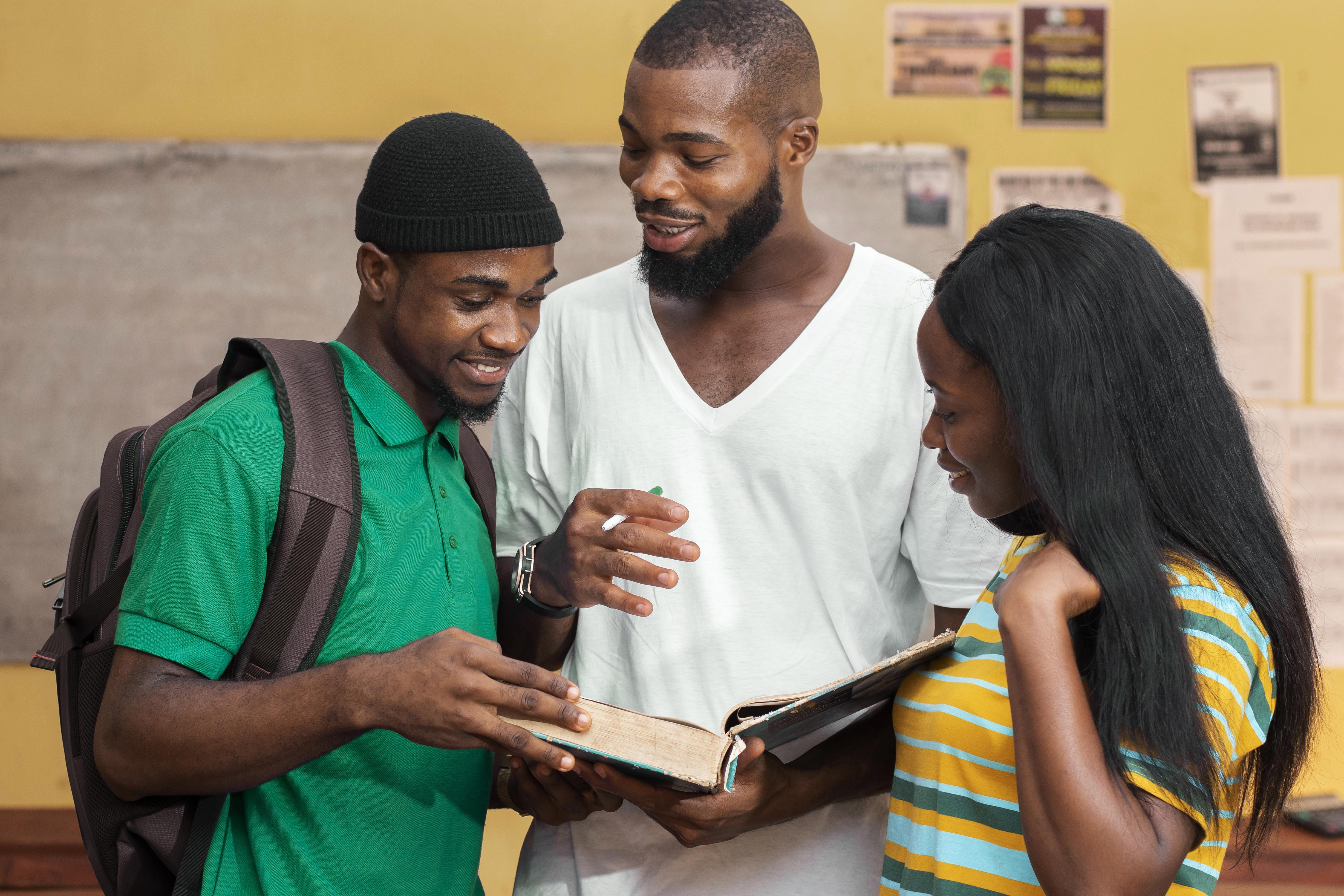Nigeria's Linguistic Diversity: Learn Basic Phrases in Yorùbá, Igbo, and Hausa
In Nigeria, embracing local languages can enhance your travel experience and foster meaningful connections with the diverse communities. Here are three essential phrases translated into Yorùbá, Igbo, and Hausa:

Yorùbá
Below is a simple conversation between Olajumoke and Boluwatife using basic phrases.
Boluwatife: Orúkọ mi ni Boluwatife. - My name is Boluwatife.
Olajumoke: Boluwatife, bawo ni? - Boluwatife, how are you?
Boluwatife: Mo wa daadaa. - I am fine.
Yorùbá is a tonal language spoken by the Yorùbá people, primarily in southwestern Nigeria. With over 50 million speakers, Yorùbá has a rich cultural heritage, deeply rooted in art, music, and storytelling. The language's tonal nature adds a melodic quality to conversations, and Yorùbá names often have significant meanings reflecting cultural beliefs and family history. In Yorùbá culture, greetings are highly valued as expressions of respect and courtesy. Asking "Bawo ni?" is a way of showing care for the other person's well-being and creating a warm atmosphere in social interactions. In response to a greeting, "Mo wa daadaa" reflects a positive affirmation of well-being. Yorùbá people place great importance on social harmony, and using phrases like this helps build rapport and strengthen relationships.
Igbo
You can use these basic phrases to start conversations in Igbo.
Aha m bụ Ifeanyi. - My name is Ifeanyi.
Kedu kwanu? - How are you?
A di mma. - I am fine.
Igbo is a tonal language spoken by the Igbo people, mainly in southeastern Nigeria. With approximately 40 million speakers, Igbo culture is known for its vibrant festivals, traditional ceremonies, and complex social structures. Names in Igbo often reflect the circumstances of a child's birth or the family's aspirations. In Igbo society, greetings are seen as essential courtesies. "Kedu kwanu?" shows genuine interest in the other person's well-being and fosters a sense of communal harmony. Responding with "A di mma" reflects a positive state of being. In Igbo culture, acknowledging one's well-being and sharing positive energy through greetings reinforces the spirit of unity and hospitality.
Hausa
Here are some basic phrases in Hausa for introduction and inquiries. Note the phrases depend on who you are speaking to.
Sunan nayi Abubakar. - My name is Abubakar.
Kana lahiya? - How are you? (speaking to a man)
Kina lahiya? - How are you? (speaking to a woman)
Ina lafiya - I am fine.
Hausa is a Chadic language spoken by over 80 million people across West Africa. It is widely used for trade and communication. Hausa culture has a long history of commerce, and the language reflects the region's interconnectedness and commercial spirit. Hausa greetings often involve inquiring about the other person's immediate well-being. "Yaya zan fara?" reflects a concern for the present moment and a desire to connect on a personal level. Responding with "Na gode" expresses gratitude and contentment. Hausa culture values humility and modesty, and the use of this phrase reflects a sense of appreciation and respect for the social exchange.
Incorporating these translated phrases into your interactions during your travels in Nigeria can deepen your cultural understanding and create meaningful connections with the Yorùbá, Igbo, and Hausa communities. Embracing the diversity of languages fosters a sense of unity and appreciation for Nigeria's rich cultural heritage.
Visit Dialogue Africa to learn & explore Nigerian language & culture.
Did you Know?
Dialogue Africa provides an online application for learn African languages and culture. Start now to enjoy free courses! Our lessons are created from an African point of view. Learn in a way that is culturally specific and immediately relevant. Courses to help you learn Twi, Yorùbá, Swahili, Igbo & Ga are now available.
Start Learning Now!